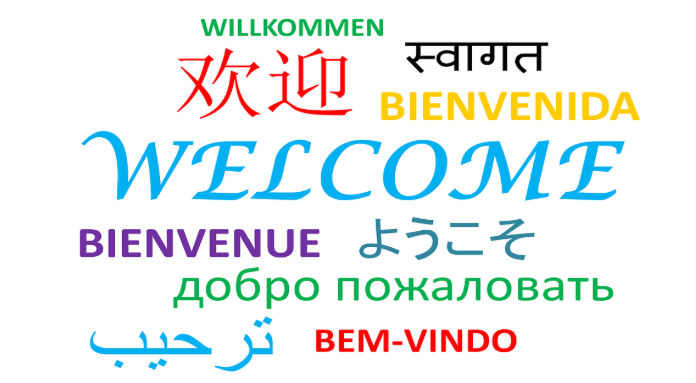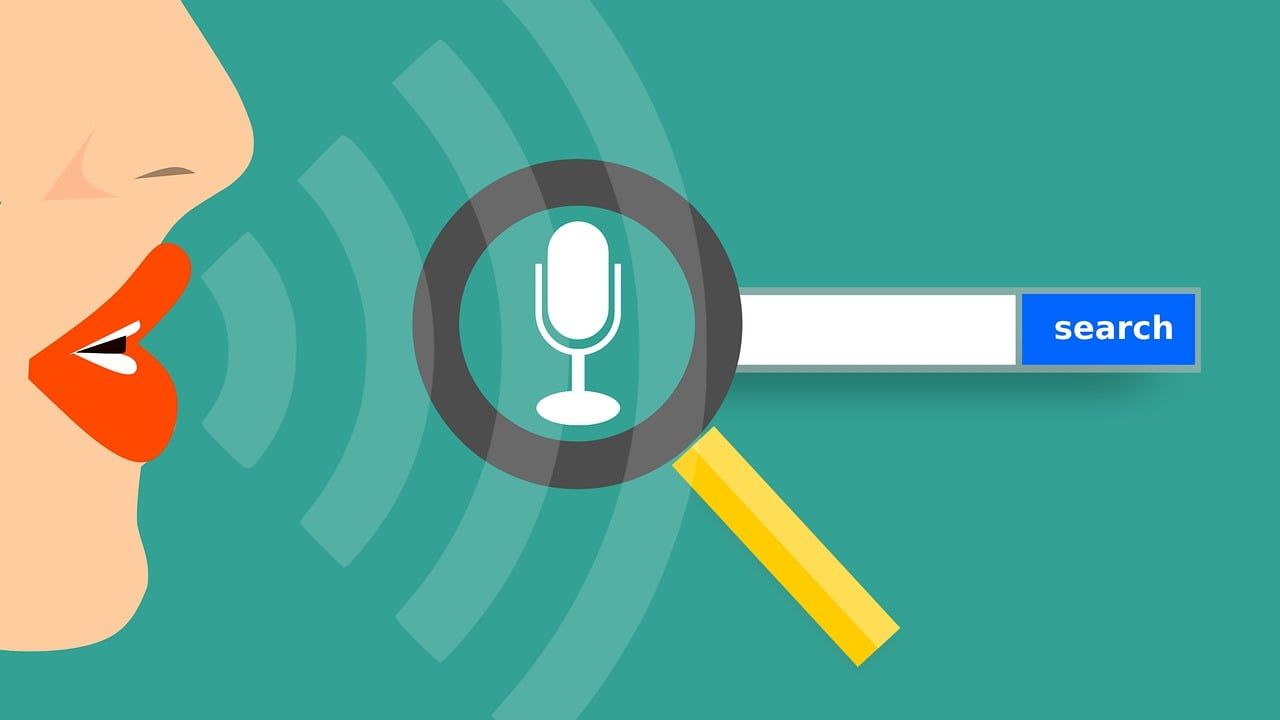Mastering the Art of Dual Language Learning: How to Maintain Balance Without Burning Out
Learning two languages at once isn’t for the faint of heart, but with smart planning and mindful practice, it’s doable.
23-04-2025Healthy eating is more than just a physical need; it’s a fundamental pillar of cognitive performance and, consequently, successful language acquisition.
Language learning is often linked to dedication, practice, and exposure; however, one vital and mostly overlooked factor that greatly affects the ability to learn and retain a new language is nutrition. Healthy eating fuels the brain, enhances memory, improves focus, and maintains the mental energy needed for mastering vocabulary, grammar, and pronunciation. Understanding the connection between what we eat and how our brains function can lead to better outcomes in language learning and overall cognitive development.
The brain is a highly active organ that uses 20% of the body’s energy despite constituting about 2% of its weight. To function properly, processing new information, forming memories, and maintaining focus, it requires a constant supply of essential nutrients.
Nutrition directly supports brain health and cognitive function, which are essential for language acquisition. Nutrients such as omega-3 fatty acids (found in salmon, tuna, and nuts), B and D vitamins, and minerals like zinc and iron are known to promote neural (nervous system) development and cognitive processing. These nutrients aid speech production and language processing by supporting brain regions responsible for hearing, understanding, and producing language. Conversely, excessive added sugar and highly processed foods can hinder cognitive functions, leading to decreased concentration and mood swings, all of which are detrimental to language learning, especially in young children.
Early childhood nutrition is especially important because this stage involves rapid brain and speech development. Studies demonstrate that good nutrition boosts neuron activity and the formation of new brain connections, promoting alertness, concentration, and memory retention necessary for language learning. For instance, infants who are given nutrient-rich complementary foods show better language comprehension and vocabulary development related to food terms.
On a broader educational level, a good diet promotes academic success, including language achievement. Children and learners with balanced nutritional intake tend to perform better in language and literacy tasks thanks to improved concentration, mood stability, and energy levels. Proper nutrition also ensures that speech and language therapy interventions can be more effective, as underlying nutritional deficiencies that might impair development are addressed.
If you’re learning a new language, adopting healthy eating habits can enhance your progress. Here are a few practical tips:
Healthy eating is more than just a physical need; it’s a fundamental pillar of cognitive performance and, consequently, successful language acquisition. A well-nourished brain is better prepared to concentrate, absorb information, create memories, and maintain the motivation needed to overcome the challenges of learning a new language. By making mindful dietary choices, learners can not only enhance their overall health but also unlock their full potential in acquiring and mastering new languages.
Spread the Knowledge! 🚀
Found this article useful? Click the Share button below and let others benefit too!

Learning two languages at once isn’t for the faint of heart, but with smart planning and mindful practice, it’s doable.
23-04-2025
Learning a new language isn’t just about discipline and study; it also requires a well-rested brain.
23-07-2025
Voice assistants and Natural Language Processing together are transforming how we interact with technology.
11-07-2025